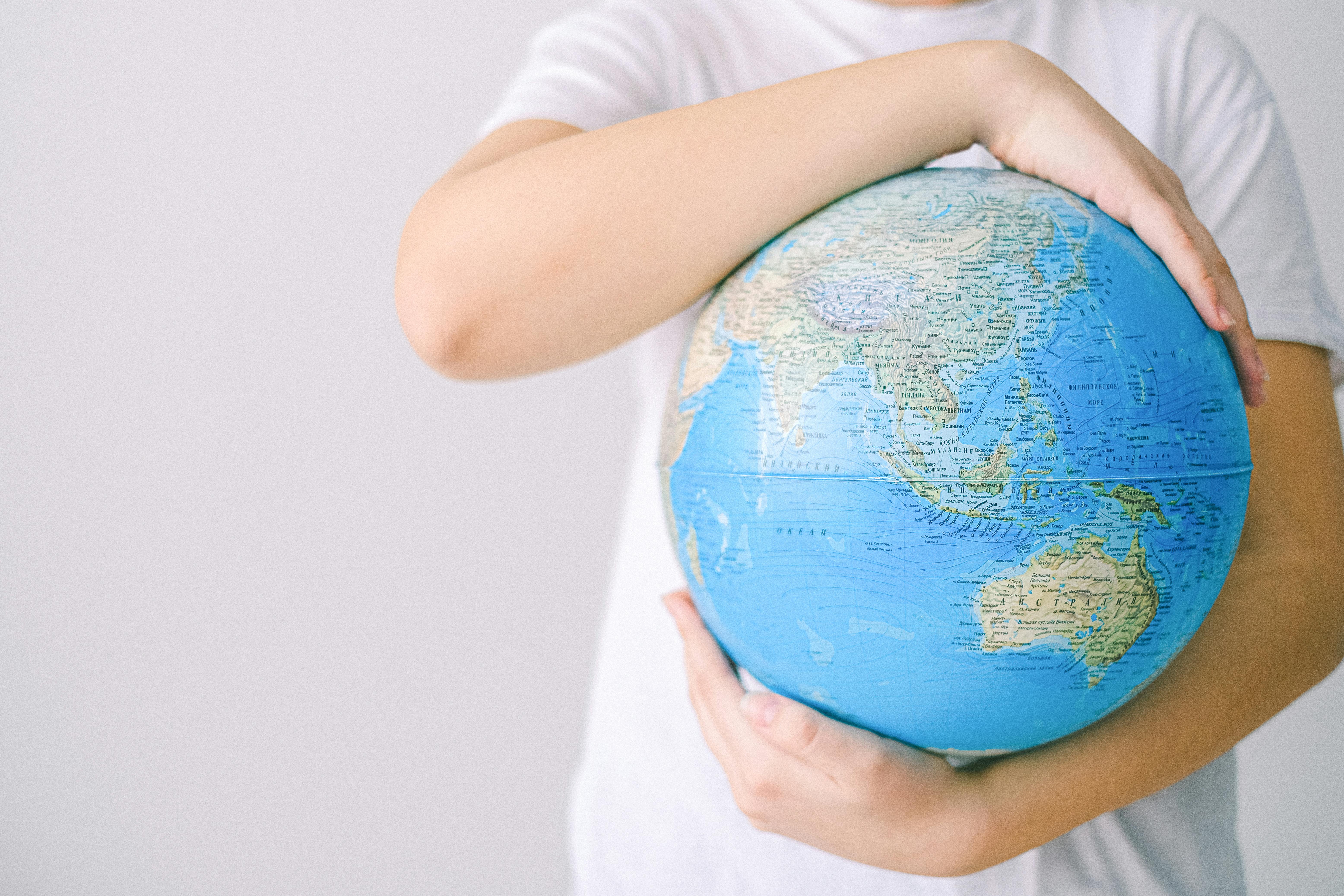Information Portal: Support services for students and researchers in crisis
With this information portal, we would like to provide information about support services for people from crisis areas and about the effects on studying and working at KIT. This information will be updated and extended continuously.
For this purpose, the International Affairs Business Unit (INTL) closely cooperates with colleagues from universities in Baden-Württemberg, universities of the TU9 Alliance, Helmholtz Centers, and the European networks of CLUSTER and CESAER.
If you have any questions relating to this topic, contact INTL at TdL∂intl.kit.edu.
Support of Students
Students in and from Ukraine may contact KIT's Consultation Office for Refugees and Migrants.
Ukrainian students who wish to come to KIT can find information about our degree programs taught in English here.
Students who were already admitted before the start of the war - also within the framework of mobility with partner countries - can enter Germany, even if a visa can no longer be obtained in Ukraine. These students continue to receive their residence permit in Germany according to Article 16b of the Aufenthaltsgesetz (Residence Act).
Ukrainian students at KIT are entitled to DAAD support offers in case of personal hardship. If a scholarship-funded study stay is nearing its end, the DAAD offers an extension of the funding.
Support of Researchers
Are there special offers for researchers who fled from Ukraine?
- At a joint information and networking event for refugee researchers from Ukraine on June 30 in Berlin, Ukrainian scientists will be familiarized with the structures and key players in the German and Berlin science systems. In addition, the event will serve as a networking platform for the researchers - among themselves and with Berlin institutions.
- Via the platform #ScienceForUkraine, institutions can offer research stays to students and researchers affected by the current crisis. Please note that this platform is not coordinated or hosted by KIT.
- The Helmholtz Initiative for Refugees, among others, funds scholars who had to leave Ukraine due to the current situation and/or are in danger due to political persecution. Use this application form.
- The Philipp Schwartz Initiative offers support and protection for international researchers fleeing war and persecution.
- With its initiative ERA4Ukraine the European Commission wants to support researchers of Ukraine by providing them with an overview of all existing actions at European and national levels.
-
Other current European Union initiatives in support of Ukraine include:
-
Access to Science4Refugees an existing EURAXESS initiative that provides internships, part-time and full-time jobs to refugees, access to an European Research Community, as well as a complete range of information and support services on working and living in Europe
-
Marie Skłodowska-Curie Actions (MSCA) Guidelines for the Inclusion of Researchers at Risk;
- EU solidarity with Ukraine
-
Researchers can find more information on the websites of the International Scholars and Welcome Office (IScO).
Information on Cooperation Projects
How does the situation affect funding of projects by external institutions?
What must be noted when planning publications?
Which measures are taken by KIT with respect to cooperation with partner institutions?
What do I have to note when inviting guests to KIT?
What about cooperation in bodies and networks?
- The Federal Ministry of Education and Research (BMBF) has set up a task force to head the initiated change of policy in cooperation with Russia and Belarus. The task force categorizes the wide-ranging forms of cooperation governed by widely divergent legal bases. Each individual measure will first undergo review and evaluation in the responsible BMBF divisions. In addition, the BMBF has set up a task force to organize and coordinate with partners the best possible support for refugees from Ukraine. German-Ukrainian cooperation in research will be continued with great resolve in a spirit of solidarity and partnership.
The developed guidelines and goals are meant to enable consideration of various individual cases and serve as input for information communicated to the press and to answer external enquiries. These lines to take have been approved by the BMBF’s Minister and State Secretaries and agreed across government departments. - Memberships of staff of Russian and Belarusian institutions in bodies of KIT are suspended, new memberships will not be offered until further notice. Together with its partners, KIT will agree on how (associated) memberships of Russian and Belarusian institutions may be suspended in networks and consortiums in which KIT is a member (cf. circular mail by the Executive Board of March 04, 2022). This affects, among others, the CLUSTER and CESAER networks.
Can I offer Ukrainian researchers research places at KIT?

